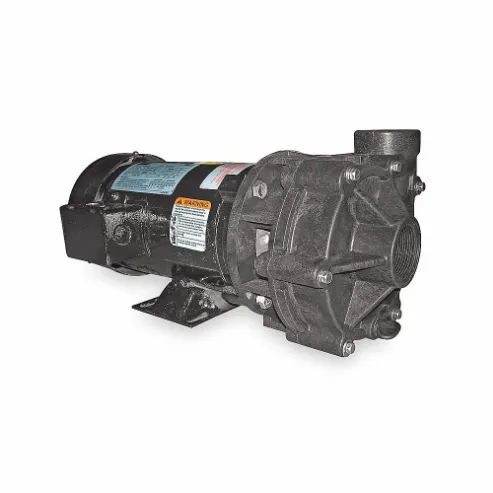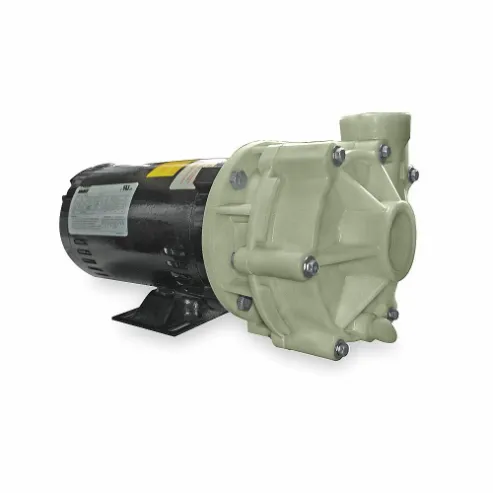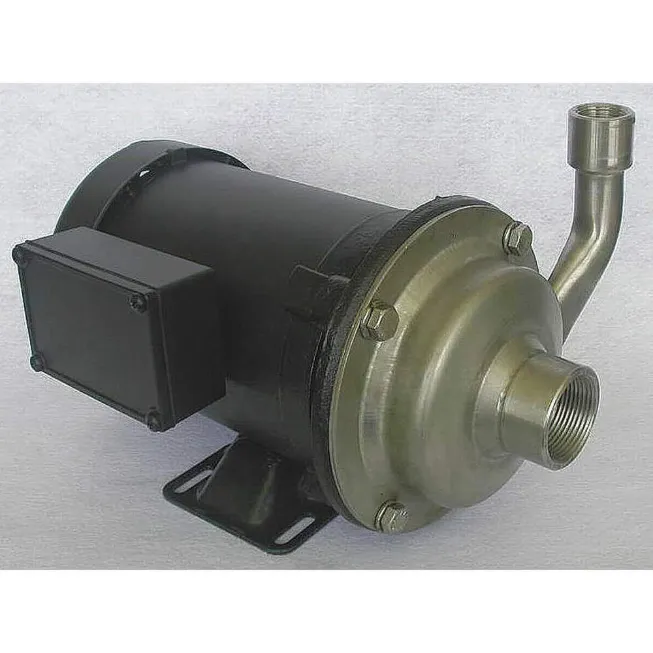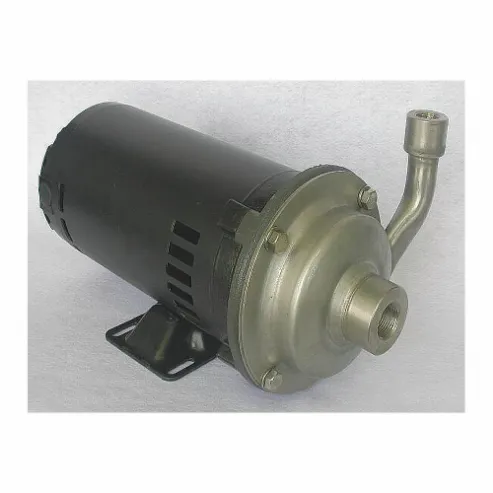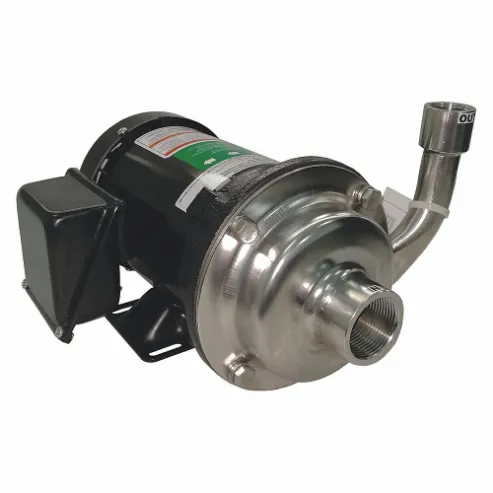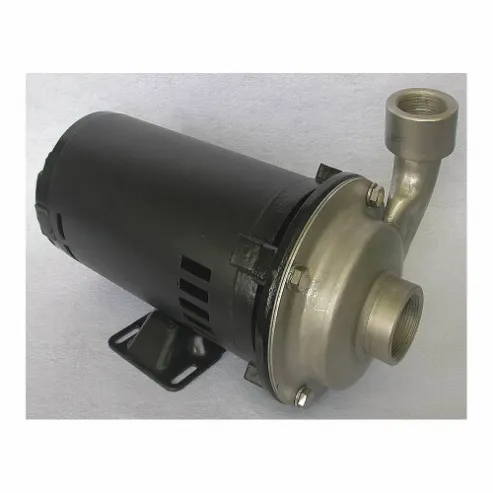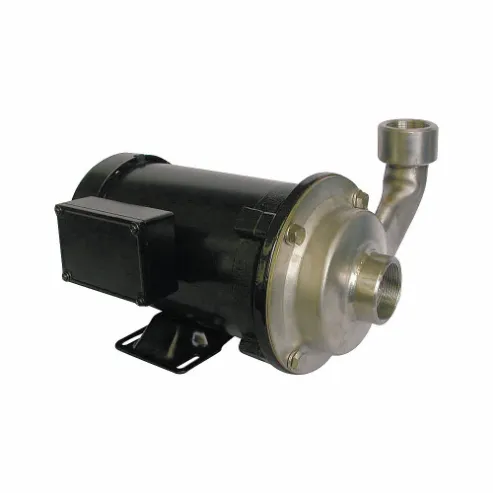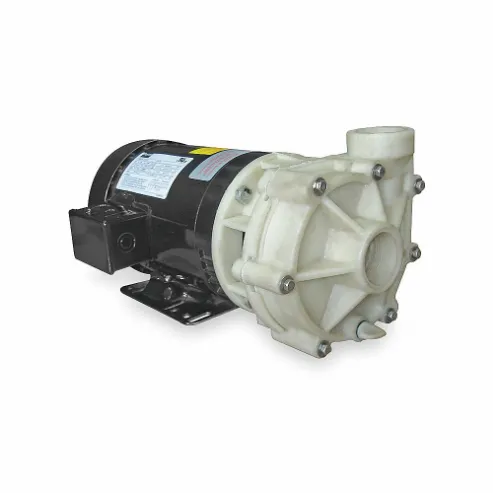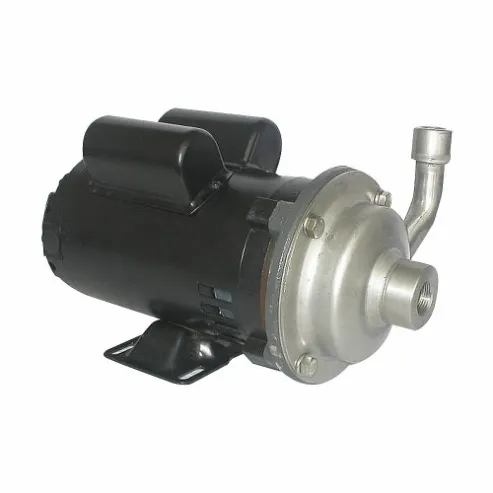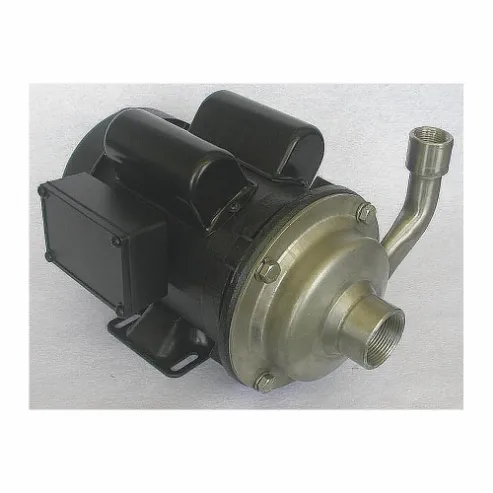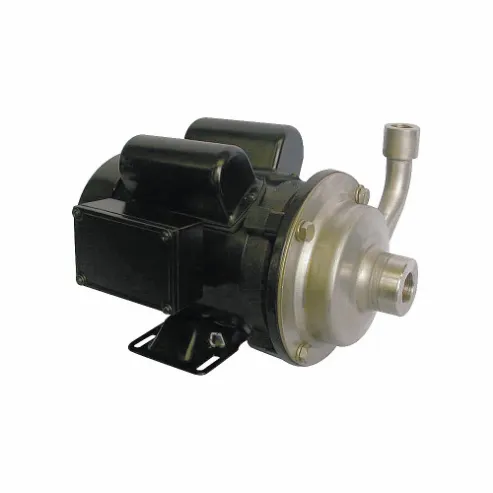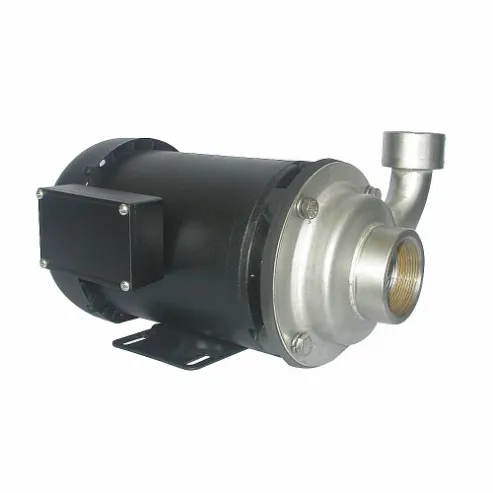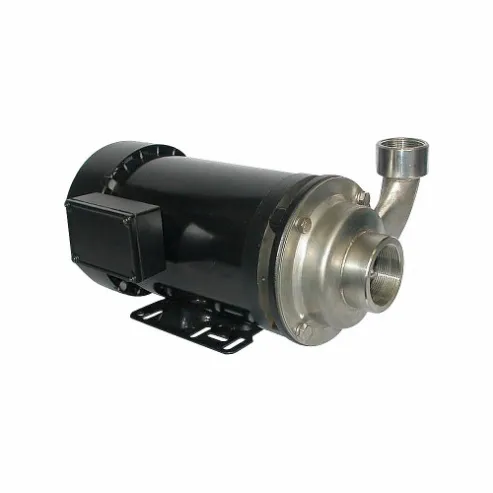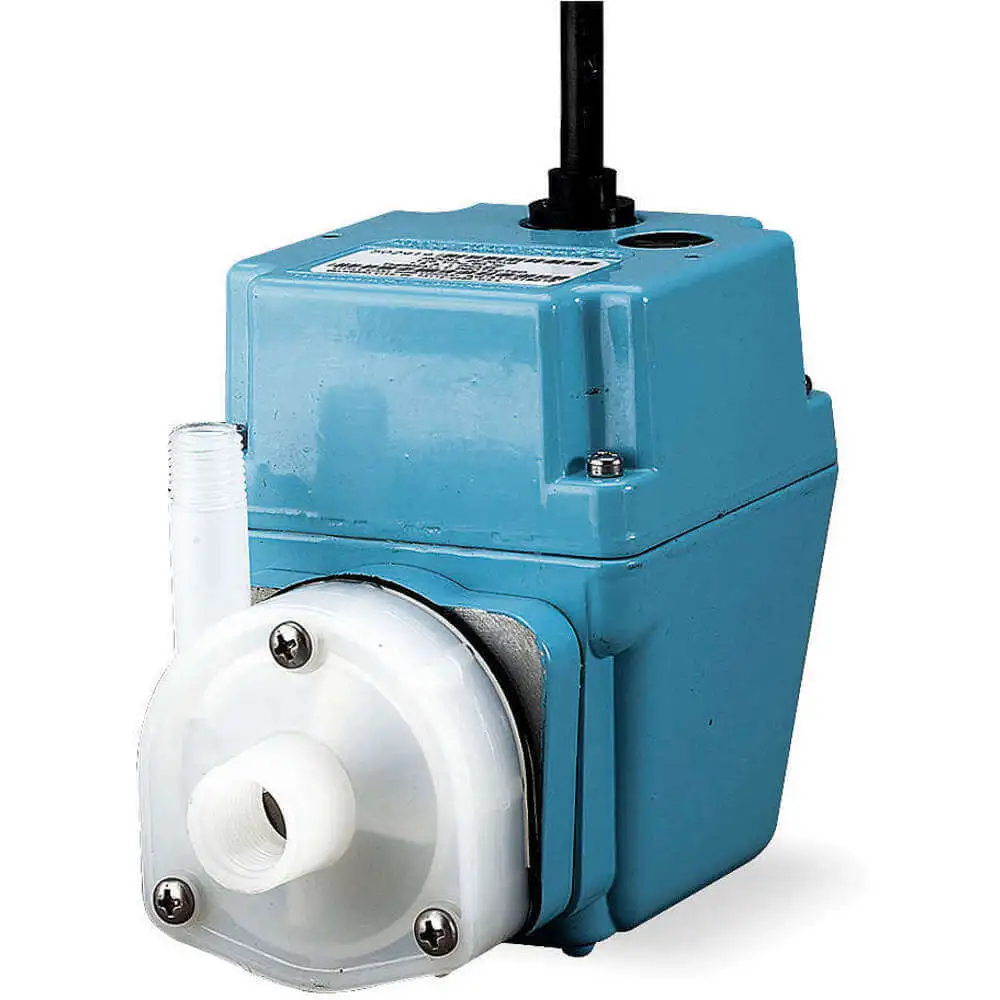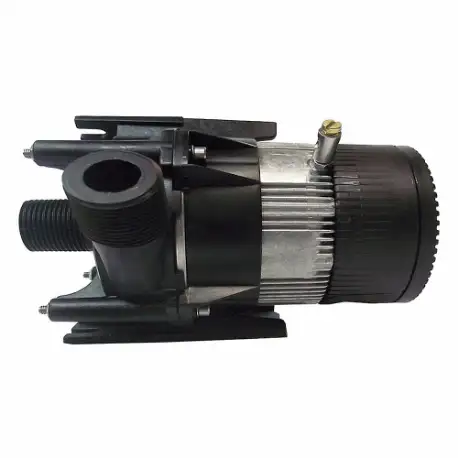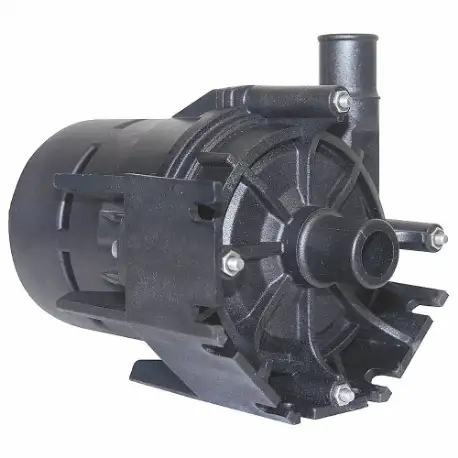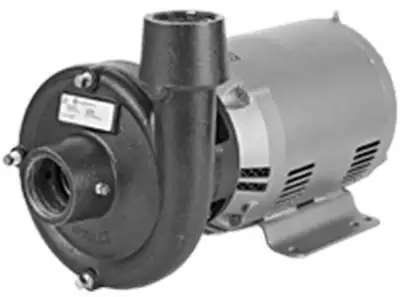Uses
Chemical resistant pumps can be used in chemical & petrochemical plants, pharmaceutical plants, food & beverage industries, refineries, gas & power plants, water treatment facilities, tank farms, heating & refrigeration systems, etc. They can transfer a host of materials, including hydrochloric acid, sulfuric acid, benzene, nitric acid, hydrofluoric acid, chlorine, bromine, hydrocarbons, aggressive & explosive chemicals, halogenated solutions, high purity chemicals, salt water, waste water, noxious liquids, caustics, heat transfer fluids, ethylene glycol, propylene glycol and recovery solvents.
Frequently Asked Questions
Why should we buy chemical resistant pumps?- Leaks during production can have severe health consequences for plant workers and the surrounding environment.
- Chemicals are expensive to produce, leading to quality concerns and lost revenue if the end product is contaminated during production.
- Equipment for demanding chemical process applications can be extremely expensive and have limited performance life.
The aforementioned reasons are why chemical resistant pumps should be used to transfer harmful substances. These pumps must be capable of handling substances efficiently in order to avoid production shutdown or pump breakdown.
What points must one keep in mind while maintaining the upkeep of chemical resistant pumps?
Under normal circumstances and proper handling procedures, these pumps don't require a lot of maintenance. They are 100% oil-free, meaning you don't have to oil the parts throughout the lifetime. These pumps come with a cylinder and non-lube piston. Even the bearings of the pumps are sealed and lubricated permanently to ensure that users don't have to take the trouble of oiling them.
Leakage and contamination are two reasons why pumps might malfunction. This usually happens due to poor pressure. Pumps must be thoroughly clean in order to operate at maximum efficiency. If the pressure problem still exists, you might have to call a service technician.
What safety points must one keep in mind while using chemical resistant pumps?
- Always use the pump in a dry and well-ventilated area. You should also check if the pump's cooling fan is working correctly. It will cool down the machine whenever needed. It should at least be 1 inch away from a wall or any kind of obstruction.
- Keep the power cord safely when the pump is not in use. It is best to wrap the cord around the pump instead of leaving it as it is.
- Don't forget to inspect the plug, cord or hose for signs of damage before using the pump. It is dangerous to use a damaged pump because you will be dealing with chemicals.
- Don't apply oil to any part of the pump because you might end up polluting the air delivery port leading to the air handling equipment. This will only damage the pump instead of making it work smoothly.
What points must one keep in mind before buying a chemical resistant pump?
- Before selecting a chemical pump, you need to have a solid grasp of the application requirements and chemical media properties, as well as the performance and size specifications to perform the task.
- The base material of a chemical pump is important to consider, as it affects the type of media that can be handled effectively. System fluids may be abrasive, acidic, caustic, tacky, very hot, very cold, or otherwise hazardous. Base materials such as cast iron, plastic and stainless steel possess different advantages for handling different types of materials.
- Plastics and thermoplastics may be the least expensive base materials and provide excellent corrosion resistance from acids and various chemicals.
- Stainless steel alloys provide protection against chemical & rust corrosion and have higher pressure ratings than most plastics.
- Cast iron provides excellent strength and abrasion resistance, in addition to high pressure ratings.
- The primary performance specifications to consider include flow rate, head, pressure, horsepower & operating temperature.
 £ GBPChange Country
£ GBPChange Country
